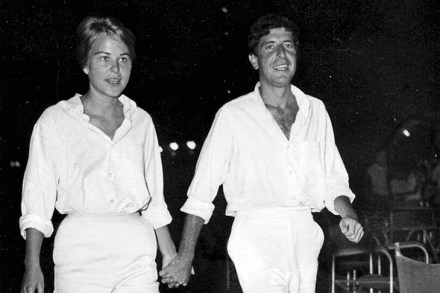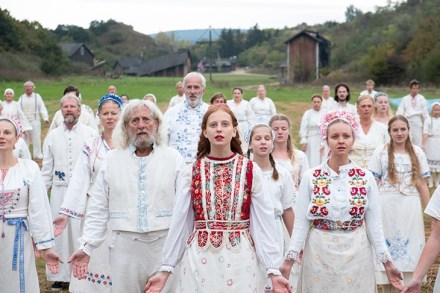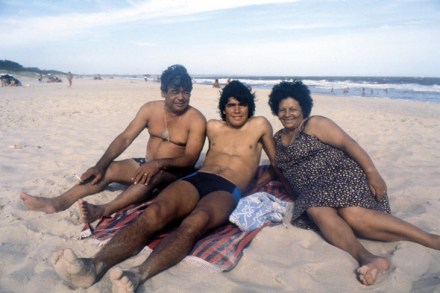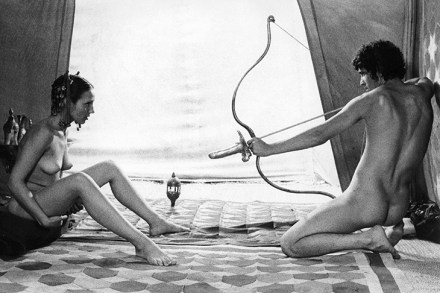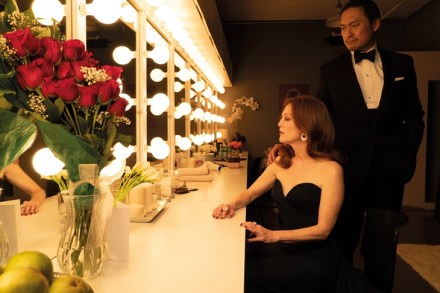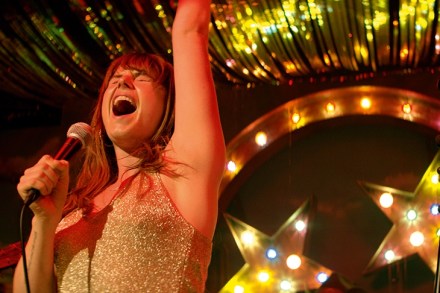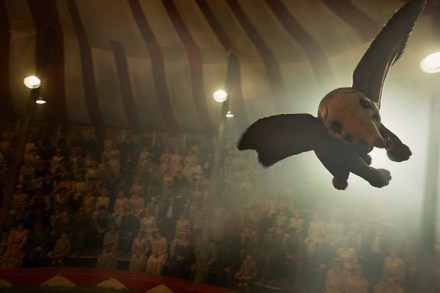The Boss goes to Bollywood
Once upon a time two men sat in a New York bar lamenting the state of Broadway. So they decided to play Fantasy Musical. Several beers down they came up with a weird hybrid: a jukebox musical that injected the songs of Blondie into the plot of Desperately Seeking Susan. Somehow this botched centaur stumbled all the way to the West End, where it joined that throng of musicals that should have stayed on the drawing board. Blinded by the Light is a Bollywood-style musical comedy set in the Pakistani community of Luton that takes as its soundtrack the oeuvre of Bruce Springsteen. No drunk blokes in a bar could



